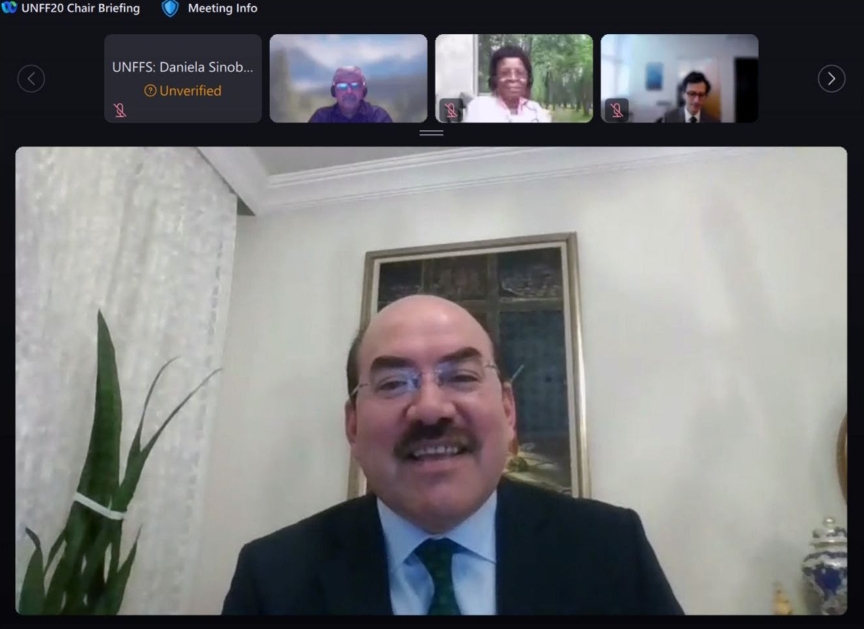The United Nations Convention to Combat Desertification (UNCCD) has announced that this year’s Desertification and Drought Day, marked globally on 17 June, will focus on accelerating land restoration efforts and boosting the burgeoning land restoration economy.
The 2025 commemoration holds the theme: “Restore the Land, Unlock the Opportunities”, highlighting the vast economic and environmental benefits of reviving degraded land.
Ibrahim Thiaw, Executive Secretary of UNCCD, said land degradation and drought are now among the most severe threats to global stability, prosperity, and environmental sustainability.
“They amplify climate change, biodiversity loss, poverty, forced migration and conflicts over access to fertile land and water. A restored land is a land of endless opportunities. It’s time to unlock them now,” he said.
According to the UN, over 1 million square kilometres of productive land an area equivalent to the size of Egypt becomes degraded every year, undermining global food production and threatening the livelihoods of millions.
With more than half of global GDP dependent on nature, the degradation of land jeopardises not just the environment, but economic resilience worldwide.
To reverse this trend, the UNCCD says 1.5 billion hectares of land must be restored by 2030 to meet global land-degradation neutrality targets.
Although one billion hectares have already been pledged for restoration under voluntary commitments, including the G20 Global Land Restoration Initiative, actual investments are still far from sufficient.
The UN body estimates that at least US$1 billion will be needed daily between 2025 and 2030 to effectively combat land degradation and drought.
However, current global investments amount to just US$66 billion annually with private sector contributions making up only six per cent.
“We need to unlock new sources of finance, create decent land-based jobs and fast-track innovations while making the most of traditional knowledge,” Thiaw added.
With the United Nations Decade on Ecosystem Restoration (2021–2030) at its midpoint, the UNCCD is calling for urgent, scaled-up action by both governments and businesses to seize the environmental and economic opportunities presented by land restoration.
By Dare Akogun





